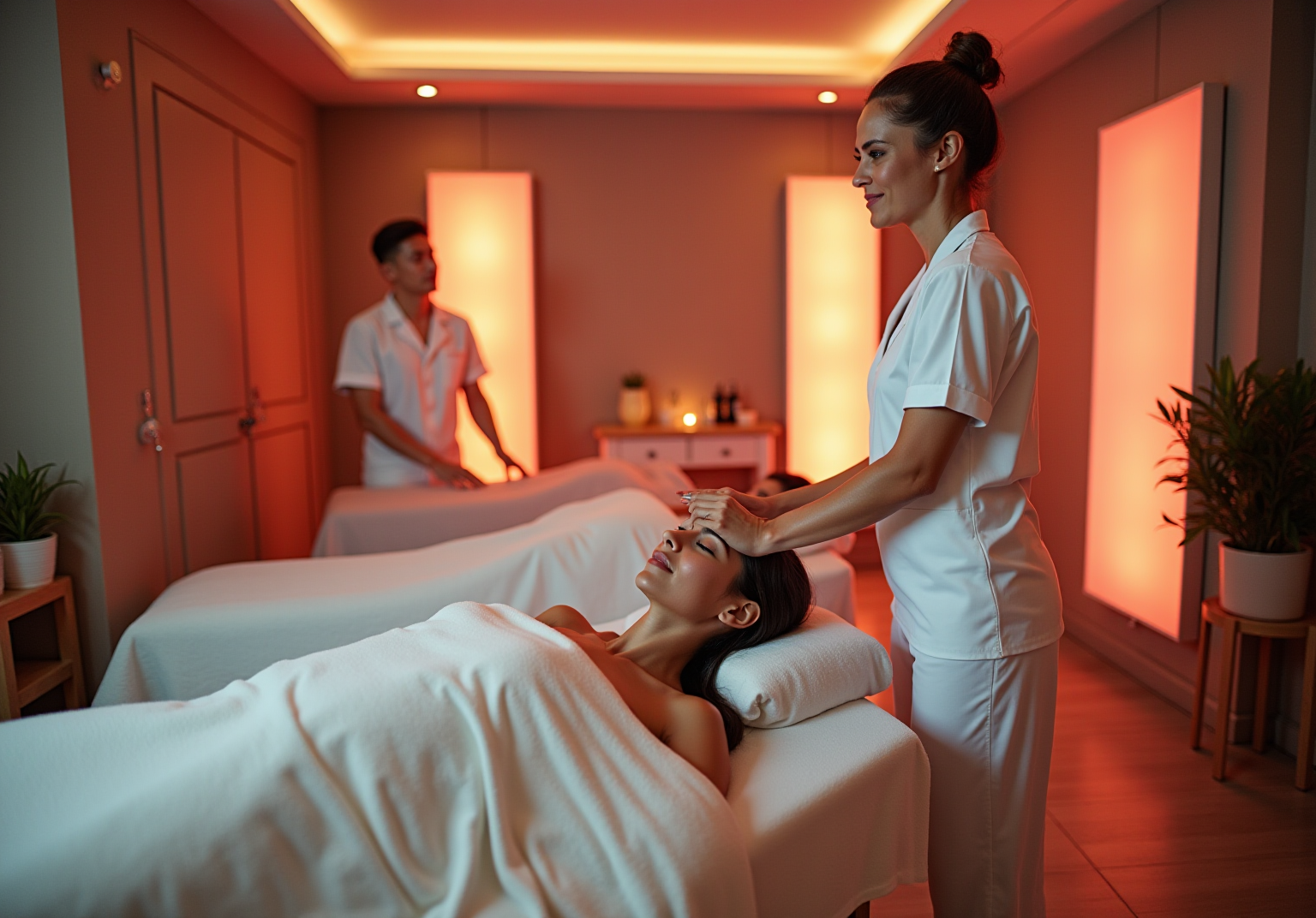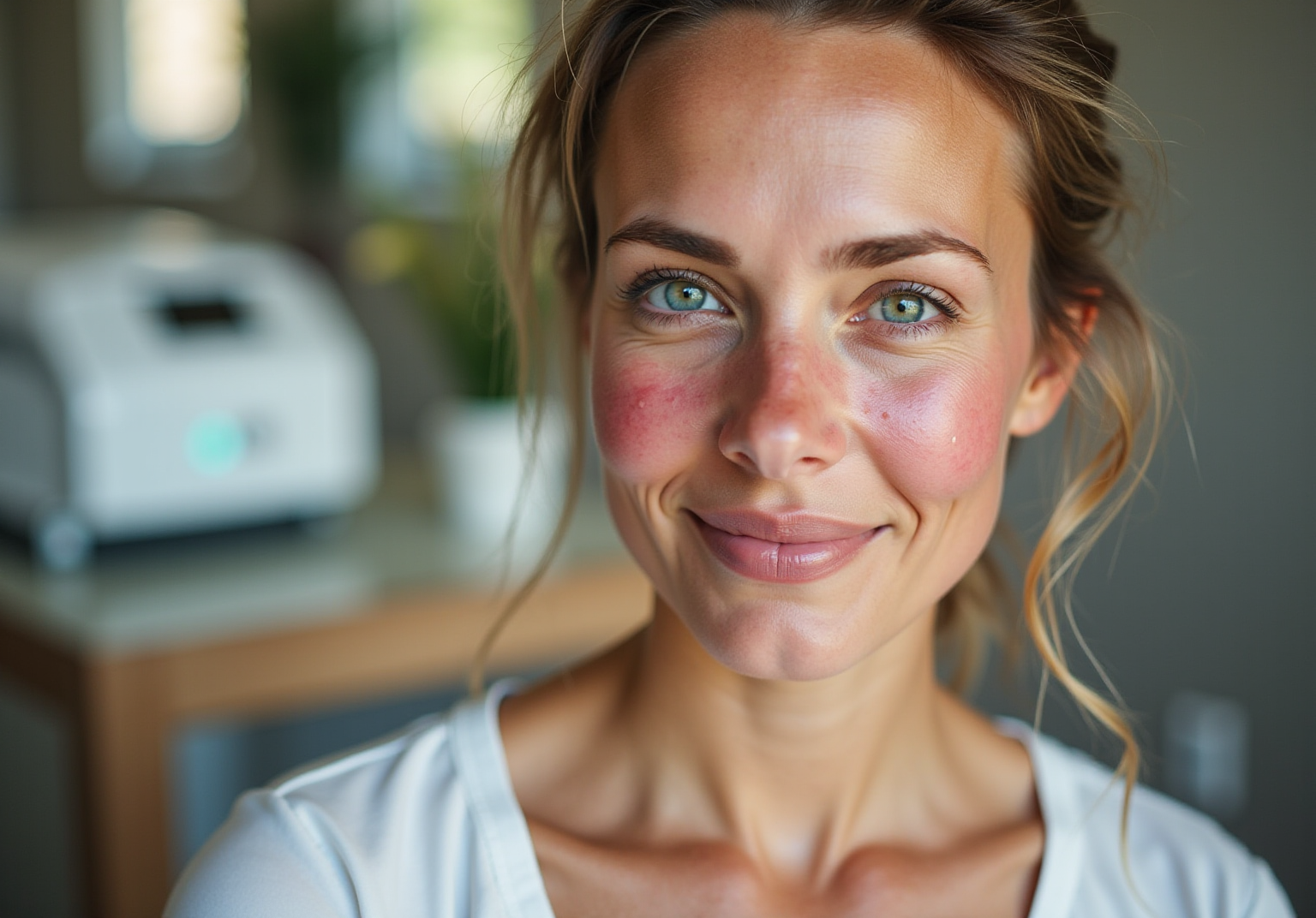Evaluate the Best Skincare Brands for Your Unique Needs
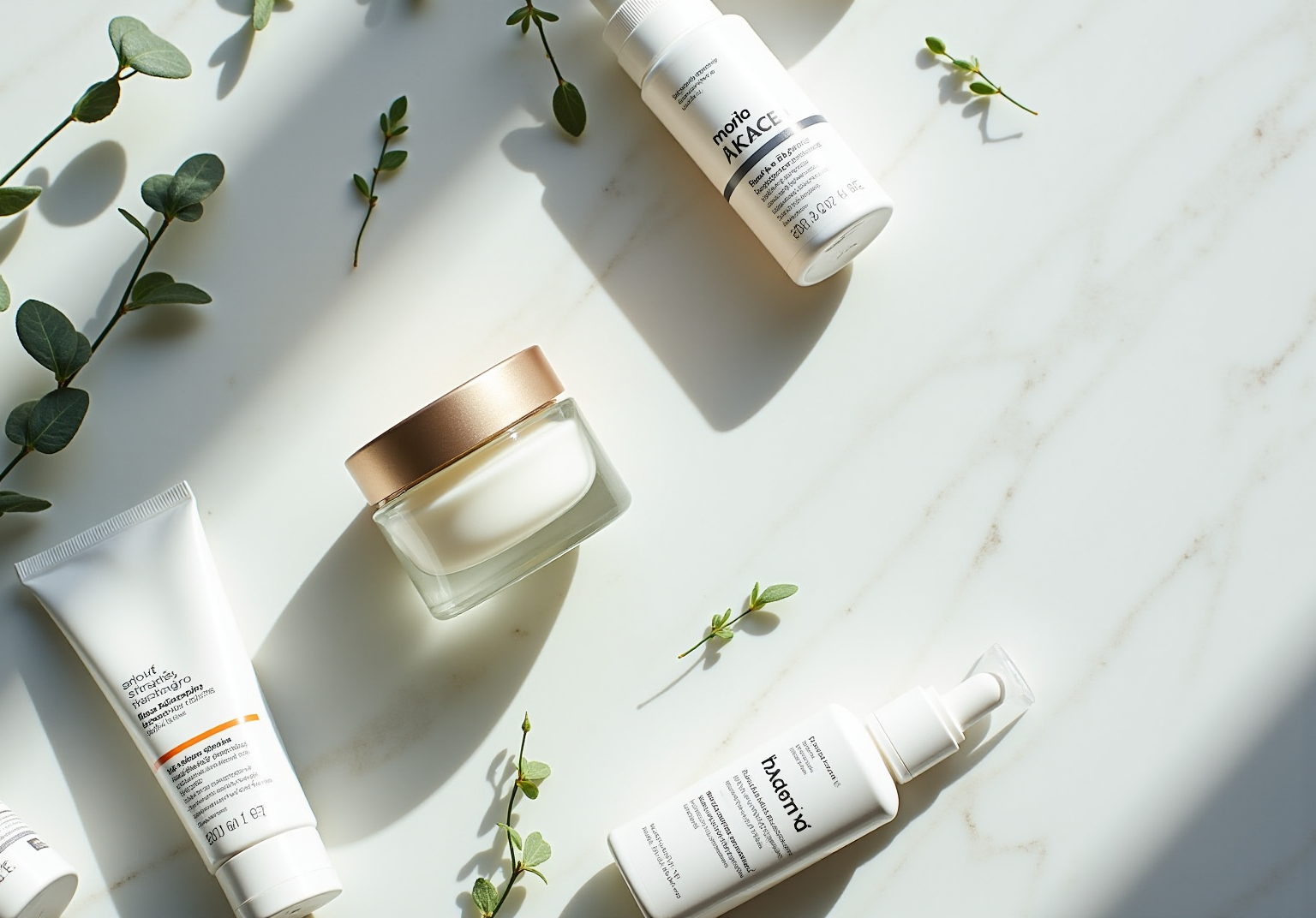
Overview
The primary objective of this article is to assess the leading skincare brands customized to meet individual needs. This evaluation is grounded in critical criteria, including:
- ingredients
- brand reputation
- product variety
- customer feedback
- price point
- availability
By outlining these essential factors, the article empowers consumers to make informed decisions when selecting skincare products. Additionally, it provides a comprehensive overview of notable brands, detailing their advantages and disadvantages. This guidance is invaluable for readers navigating their unique skin concerns and values, ultimately driving them toward optimal choices.
Introduction
In a world where skincare options are abundant and often overwhelming, discerning the best brands tailored to individual needs can appear daunting. This article explores the essential criteria for evaluating skincare brands, underscoring how factors such as ingredient quality, brand reputation, and customer feedback are pivotal in making informed choices.
With countless options available, the question arises: how can consumers effectively navigate this saturated market to find products that truly deliver on their promises?
Key Criteria for Evaluating Skincare Brands
When evaluating the best skincare options, several key criteria warrant careful consideration.
-
Ingredients stand at the forefront; prioritize brands that utilize high-quality, effective ingredients. While natural and organic components are often favored, their efficacy should be substantiated by scientific research. High-quality beauty items are often regarded as the best skincare because they typically incorporate either natural or thoroughly studied synthetic components. Dermatologists emphasize that understanding skincare components is essential for evaluating both efficacy and safety.
-
Brand Reputation is another critical aspect to investigate. Delve into the brand's history, mission, and values. Brands dedicated to sustainability and ethical practices resonate more with health-conscious consumers, reflecting a rising trend where over 51.1% of Adventurous Beauty Shoppers regard sustainability as a significant factor in their beauty selections.
-
Offering Variety is essential for brands aiming to appeal to a broad audience. A diverse range of items that addresses various skin types and concerns is crucial. Brands that provide tailored solutions for specific issues, such as acne, aging, or sensitivity, are often more attractive to consumers seeking the best skincare options.
-
Customer Feedback plays a vital role in assessing a brand's reliability. Reviews and testimonials offer valuable insights into real-world effectiveness. High ratings and positive experiences can indicate a company's trustworthiness, with consumer feedback after extended use providing insights into a product's long-term effectiveness.
-
Price Point is an important consideration as well. Evaluate whether the company delivers good value for money. While luxury labels may offer sophisticated formulations, cost-effectiveness remains essential for frequent use, especially as shoppers navigate a saturated beauty product market.
-
Availability significantly influences purchasing decisions. The accessibility of items, whether online or in stores, can greatly impact consumer choices. Brands with a robust distribution network are often more convenient for consumers, enhancing their overall shopping experience.
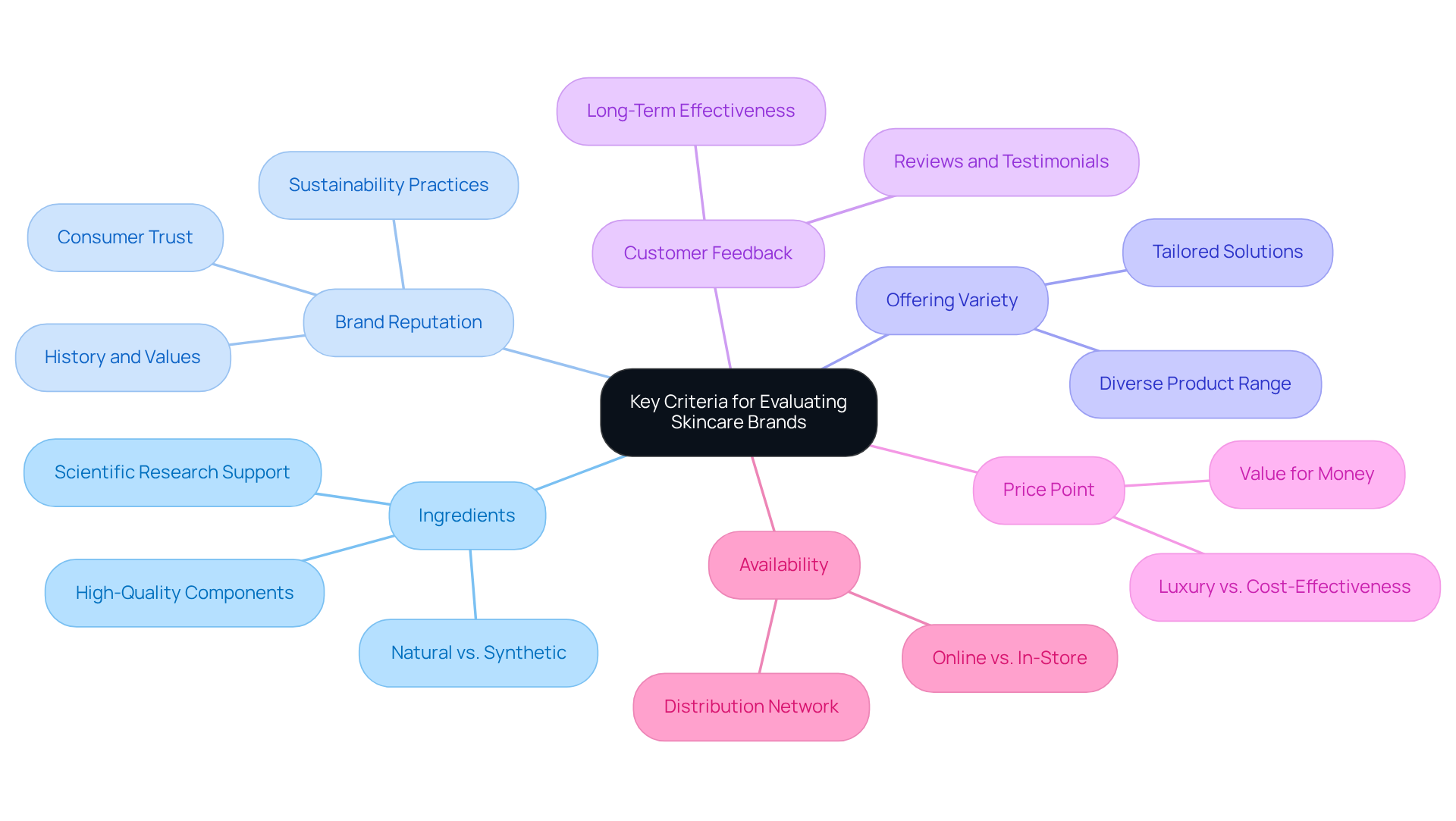
Overview of Leading Skincare Brands
In the ever-evolving skincare industry, several companies have distinguished themselves through innovation and a steadfast commitment to quality. Notable brands include:
- CeraVe: Esteemed for its dermatologist-developed formulas, CeraVe focuses on restoring the skin's barrier with essential ceramides and hyaluronic acid. The brand offers an extensive array of products tailored to meet the needs of various skin types.
- The Ordinary: This brand has revolutionized the beauty landscape with its transparent, ingredient-centric philosophy. The Ordinary delivers high-quality active ingredients at accessible prices, democratizing effective skincare for all.
- La Roche-Posay: Renowned for its gentle formulations, La Roche-Posay harnesses the power of thermal spring water and is frequently recommended by dermatologists. Its products are designed to soothe and protect sensitive skin.
- Drunk Elephant: Adopting a 'clean-clinical' ethos, Drunk Elephant avoids potentially harmful additives while prioritizing biocompatible ingredients. The brand is celebrated for its potent serums and moisturizers that deliver results.
- Neutrogena: A staple in households, Neutrogena offers a comprehensive range of products that address diverse skin concerns, from acne to signs of aging. Its dermatologist-recommended formulations inspire trust and reliability.
These brands exemplify excellence in skincare, making them worthy of consideration for anyone seeking effective solutions for their skin health.
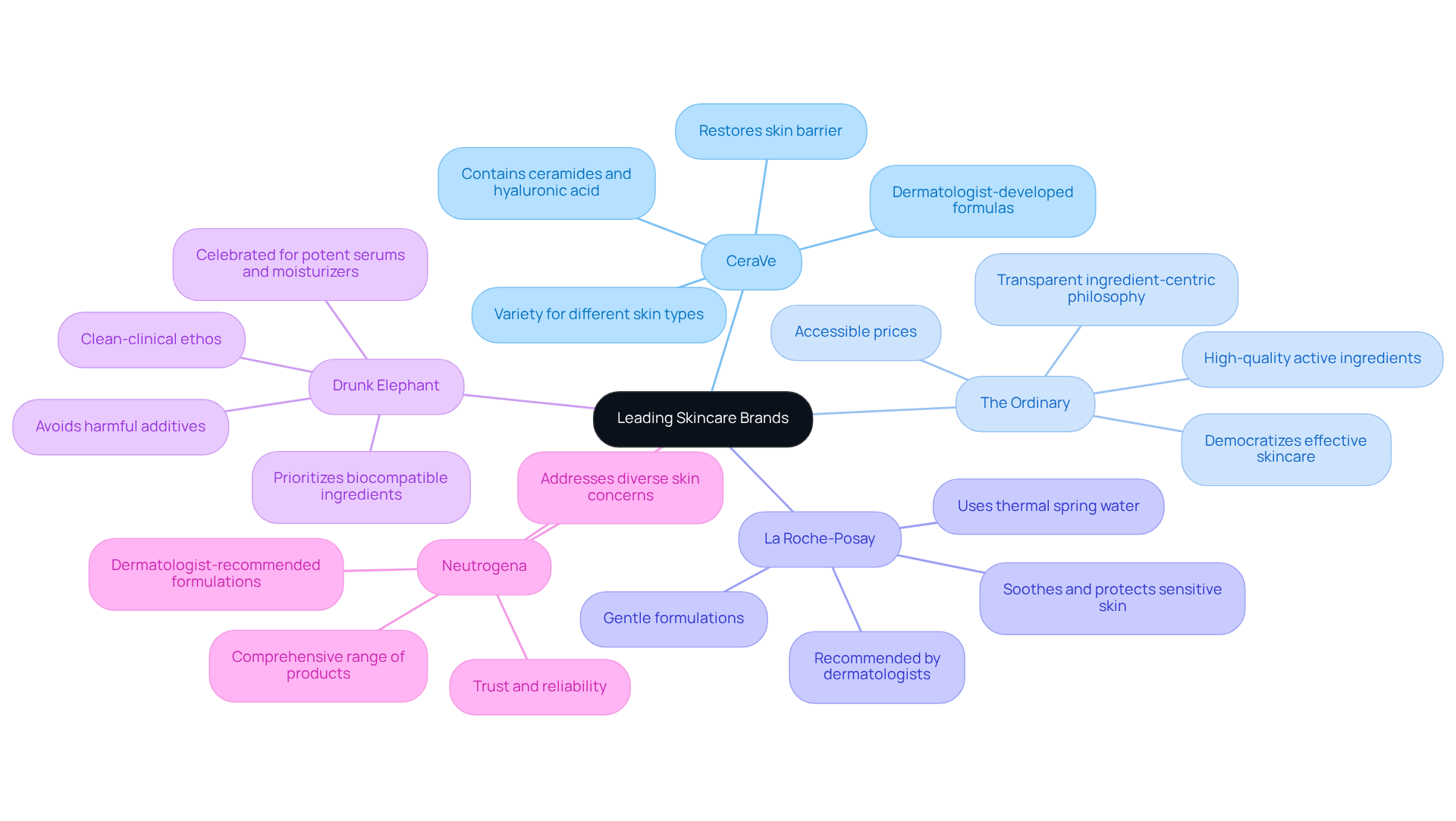
Pros and Cons of Each Skincare Brand
This section provides a comprehensive analysis of the leading skincare brands, highlighting their advantages and disadvantages, alongside an innovative treatment option for oily skin that merits consideration:
-
CeraVe
- Pros: CeraVe is an affordable, dermatologist-recommended choice that proves effective for various skin types. It contains essential ingredients that facilitate barrier repair.
- Cons: However, some users may perceive the texture as overly heavy for oily complexions.
-
The Ordinary
- Pros: Known for its highly effective formulations at a competitive price point, The Ordinary offers an extensive range of active ingredients and maintains transparency in ingredient sourcing.
- Cons: Yet, its minimalist approach might overwhelm beginners who are not familiar with active ingredients.
-
La Roche-Posay
- Pros: This brand excels in catering to sensitive skin, supported by dermatological research, and features soothing formulations.
- Cons: On the downside, its elevated costs compared to drugstore labels and the inclusion of fragrance in certain products may provoke irritation in delicate skin.
-
Drunk Elephant
- Pros: Drunk Elephant is celebrated for its clean formulations that are free from harmful ingredients, effectively addressing various skin concerns while promoting a strong brand ethos.
- Cons: Nonetheless, the premium pricing may be prohibitive for some consumers, and not all products are suitable for every complexion.
-
Neutrogena
- Pros: Widely available and affordable, Neutrogena offers a broad spectrum of products tailored to different skin issues.
- Cons: However, some formulations may contain synthetic components that could irritate sensitive skin.
-
SQT Bio-Microneedling
- Pros: This innovative treatment utilizes ethically sourced Spongilla spicules from freshwater sponges, enhancing collagen production and stimulating skin rejuvenation. It is suitable for all skin types, including oily skin, and can increase the absorption of topical products by up to 3,000%.
- Cons: It requires multiple sessions for optimal results, and while generally painless, some individuals may experience an intense sensation during treatment. Post-treatment downtime may involve flaking or peeling for 3-5 days, depending on individual conditions.

Choosing the Right Skincare Brand for Your Needs
Selecting the best skincare brand is a critical decision that requires careful consideration of several key factors.
-
Determine Your Complexion Type: Understanding whether your complexion is oily, dry, combination, or sensitive is crucial for selecting the right products. Dermatologists assert that identifying your skin type is the foundational step in the best skincare.
-
Define Your Skin Concerns: Are you focused on addressing acne, aging, or hydration? Different brands specialize in various skin issues, making it essential to clearly identify your specific concerns for the best skincare. Notably, 85% of individuals aged 12 to 24 experience acne, underscoring the necessity for targeted solutions.
-
Consider Your Values: If sustainability and ethical sourcing are priorities for you, brands such as Drunk Elephant and The Ordinary may resonate more closely with your values. A significant 54% of U.S. consumers actively seek beauty products with sustainable packaging, reflecting a burgeoning trend towards environmentally conscious choices.
-
Budget: Assess how much you are prepared to invest in personal care products. While some brands offer the best skincare premium items, others provide effective solutions at more accessible price points. The skincare market is anticipated to reach USD 212.96 billion by 2032, indicating a diverse range of options across various price tiers.
-
Trial and Feedback: Start with sample sizes or travel kits to evaluate how your complexion reacts before committing to full-sized products. Additionally, seek insights from others with similar skin types or concerns. Engaging with skincare communities can provide invaluable feedback, as 81% of consumers rely on reviews and recommendations when making purchasing decisions.
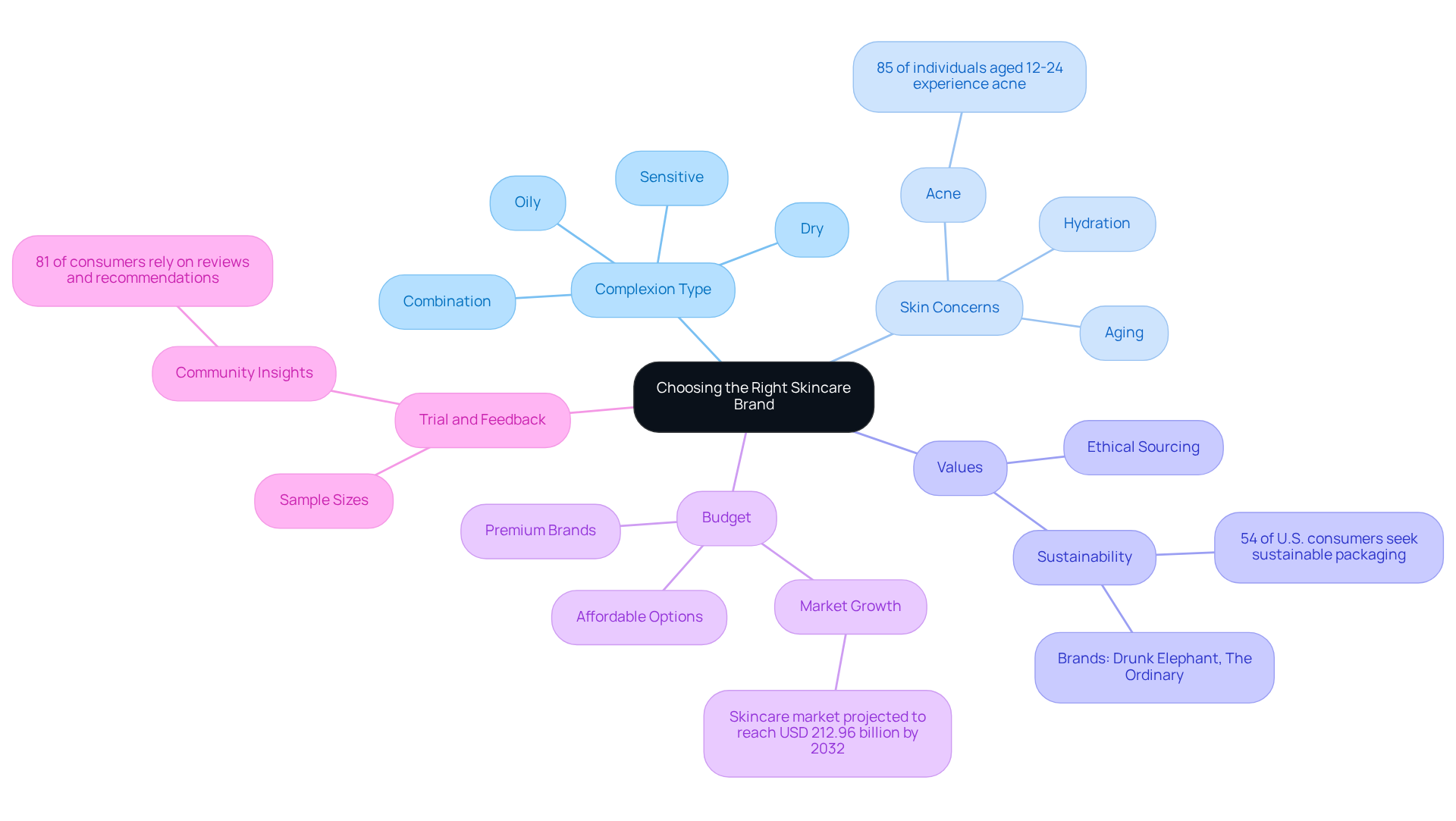
Conclusion
Selecting the right skincare brand is crucial for achieving healthy, radiant skin. By understanding essential criteria such as:
- Ingredient quality
- Brand reputation
- Product variety
- Customer feedback
- Pricing
- Availability
individuals can make informed choices tailored to their unique skin needs. This thorough evaluation not only enhances the shopping experience but also ensures that consumers invest in products that genuinely deliver results.
The article examines several leading skincare brands, including:
- CeraVe
- The Ordinary
- La Roche-Posay
- Drunk Elephant
- Neutrogena
each presenting distinct advantages and challenges. It underscores the importance of aligning skincare selections with personal values, skin type, and specific concerns like acne or sensitivity. Furthermore, it emphasizes the necessity of trialing products and seeking community feedback to refine selections.
Ultimately, the journey to discovering the best skincare brand is personal, rooted in understanding individual skin needs and preferences. By prioritizing quality, ethics, and efficacy, consumers can navigate the expansive skincare landscape with confidence, ensuring their choices not only enhance their beauty routine but also reflect their values and lifestyle. Engaging with the skincare community and staying informed about emerging brands and trends will further empower individuals to make choices that truly resonate with their skincare aspirations.
Frequently Asked Questions
What are the key criteria for evaluating skincare brands?
The key criteria include ingredients, brand reputation, variety of products, customer feedback, price point, and availability.
Why are ingredients important when evaluating skincare brands?
Ingredients are crucial because high-quality, effective components are essential for the efficacy and safety of skincare products. Brands should use natural or well-researched synthetic ingredients.
How does brand reputation influence skincare brand evaluation?
Brand reputation is important as it reflects the brand's history, mission, and values. Brands focused on sustainability and ethical practices tend to resonate more with consumers.
Why is offering variety important for skincare brands?
Offering a diverse range of products that cater to various skin types and concerns is essential for appealing to a broader audience and meeting specific consumer needs.
How does customer feedback affect the assessment of skincare brands?
Customer feedback provides insights into a brand's reliability and the real-world effectiveness of its products. Positive reviews and high ratings can indicate trustworthiness.
What role does price point play in evaluating skincare brands?
Price point is important for assessing value for money. Consumers should consider whether the brand offers cost-effective options, especially in a crowded market.
How does availability impact consumer choices in skincare?
Availability affects purchasing decisions as brands with a strong distribution network are more convenient for consumers, enhancing their shopping experience.

